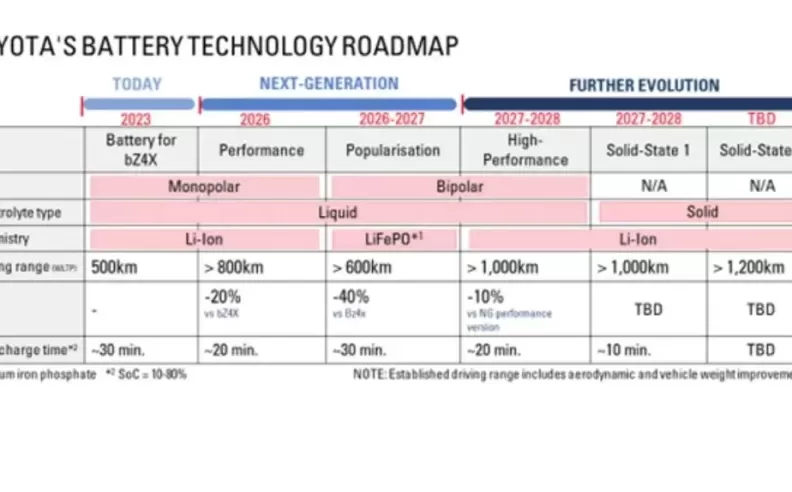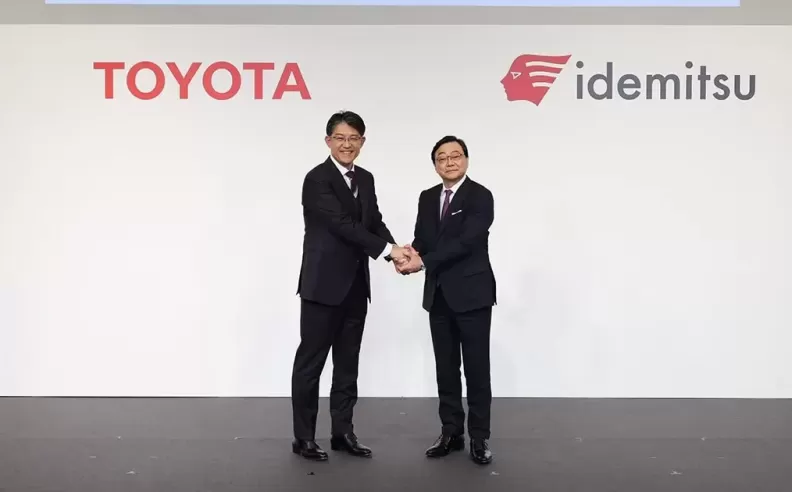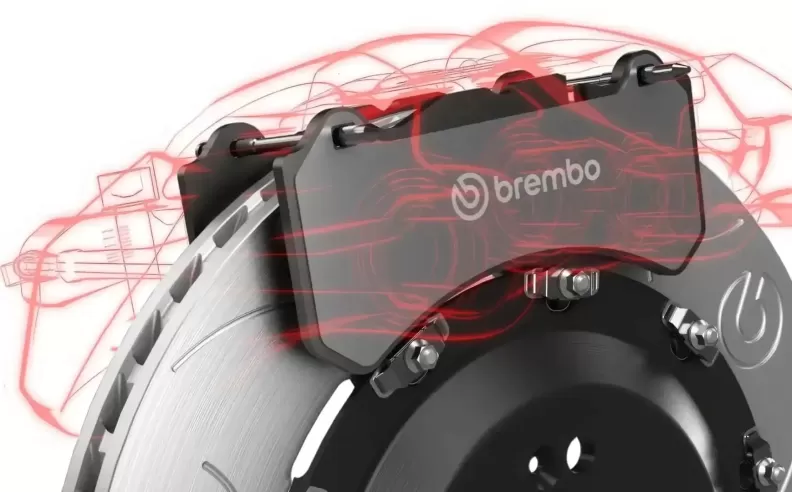
In a significant stride towards sustainable mobility, Japanese automotive giant Toyota and the petroleum company Idemitsu have joined forces to develop cutting-edge solid-state batteries for electric vehicles. This collaboration promises to revolutionize the electric vehicle (EV) industry by making long-range EVs a reality. With the ambitious goal of introducing these innovative batteries to the market by 2027, this partnership underscores the commitment of both companies to the electrification of transportation and reducing the carbon footprint of the automotive sector.

Solid-state batteries have long been considered the future of electric mobility. They offer several advantages over traditional lithium-ion batteries, including improved energy density, faster charging times, enhanced safety, and longer lifespan. However, the development and mass production of solid-state batteries have posed significant challenges due to the complexity of the technology and the need for novel materials and manufacturing processes.
Toyota, a pioneer in hybrid and electric vehicles, recognizes the potential of solid-state batteries to address the limitations of current EV technology. Their partnership with Idemitsu, a renowned name in the petroleum industry, highlights the urgency of transitioning to cleaner energy sources and demonstrates a forward-thinking approach to addressing the global climate crisis.

Idemitsu, primarily known for its involvement in the petroleum sector, may seem like an unexpected partner for a clean energy project. However, this collaboration signifies a strategic shift in the company's focus towards sustainable energy solutions. Idemitsu's expertise in chemical engineering and materials science can be leveraged to develop the specialized components necessary for solid-state batteries. This partnership allows them to diversify their business and align with the growing demand for electric vehicles and renewable energy sources.
Toyota, on the other hand, brings its extensive experience in automotive engineering and manufacturing to the table. The company has been at the forefront of hybrid technology and has already made significant investments in the development of electric vehicles. By partnering with Idemitsu, Toyota can accelerate the development of solid-state batteries and bring their long-range electric vehicles to the market in a more timely manner.
The most exciting aspect of this collaboration is the ambitious goal of achieving a 621-mile (approximately 1,000 kilometers) range on a single charge. Current EVs typically offer ranges between 200 to 300 miles, making long trips and reducing range anxiety a concern for potential buyers. With a 621-mile range, these solid-state batteries would effectively eliminate these concerns, making electric vehicles a more attractive option for consumers.
This substantial increase in range would not only boost the adoption of electric vehicles but also make them a more viable option for commercial applications, such as long-haul trucking and delivery services. Reduced charging stops and increased operational efficiency could significantly impact the transportation industry, further accelerating the transition to cleaner energy sources.
While the collaboration between Toyota and Idemitsu is promising, the development of solid-state batteries is still a challenging endeavor. The technology is complex, and the scalability of production remains a significant hurdle. Additionally, cost considerations will play a vital role in determining the feasibility of these batteries for mass-market adoption.
However, the commitment of two influential Japanese companies to this project signifies a strong belief in the potential of solid-state batteries. Their combined resources and expertise will help overcome these obstacles, making long-range electric vehicles more accessible to consumers.
The partnership between Toyota and Idemitsu to develop 621-mile solid-state batteries marks a significant step forward in the electrification of transportation. With a target to bring this groundbreaking technology to the market by 2027, these two companies are poised to revolutionize the EV industry. As the world grapples with the challenges of climate change and the transition to sustainable energy sources, this collaboration serves as a beacon of hope, demonstrating that even unexpected partners can come together to drive innovation and contribute to a greener, more sustainable future.

Wael is an automotive content writer specializes in creating written content for Motor 283. Producing a wide range of content, including blog posts, articles, product descriptions, reviews, and technical guides related to cars, trucks, motorcycles, and other vehicles, with an unprecedented passion for cars, and motorcycles.
